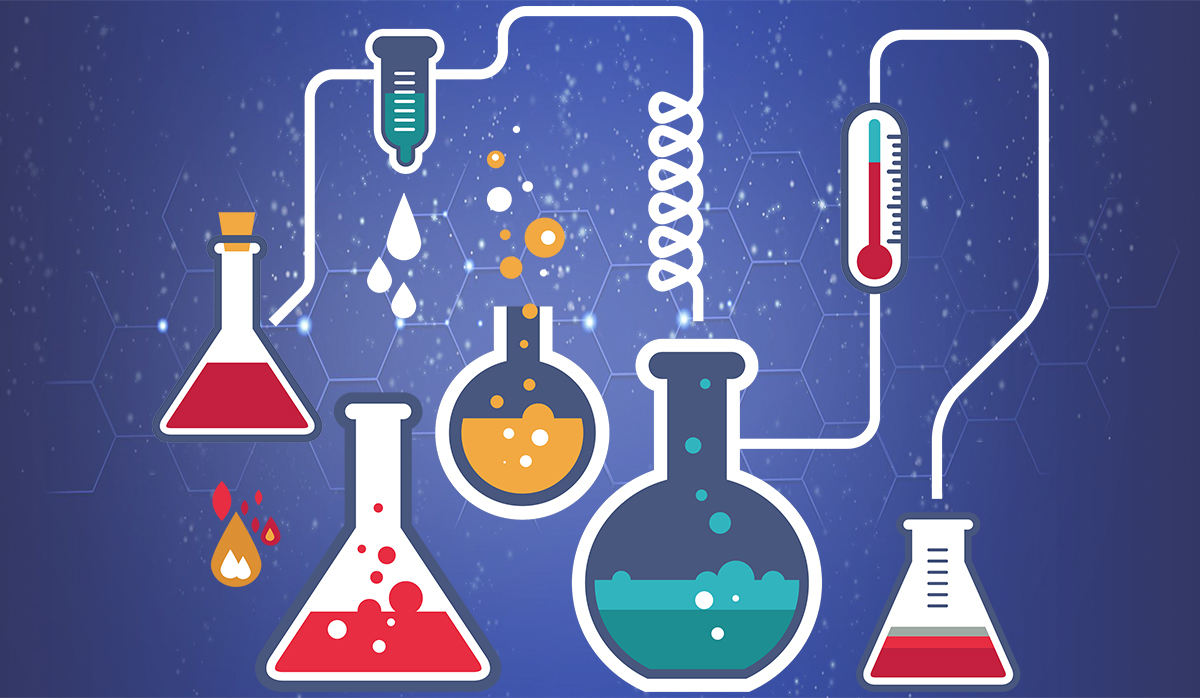
1. Simulation experiment: it refers to an experiment that relies on mathematical model and computer for simulation analysis. Before the simulation experiment, the experimental objects should be collected and sorted out, and then the computer and mathematical model should be used for simulation analysis under the conditions of theory and association.
2. Control experiment: it refers to the analysis and observation of the experimental object by controlling some environmental factors and conditions in an unnatural environment controlled by man, and testing its change law and relationship. This kind of experiment is very common in Environmental Science and physical and chemical science.
3. Ideal experiment: also known as hypothetical experiment, that is, ideological experiment. The ideal experiment is not a conjecture divorced from the actual category, but carries out logical reasoning and theoretical conjecture in the brain according to the real-time observation and life experience, and then depends on the experimenter's own rich scientific knowledge. This kind of experiment is mainly used to put forward the theory through conjecture. Einstein's study of relativity is the most classic case of the ideal experiment.
4. Observation experiment: it refers to determining the purpose of the observation target under the naturally occurring conditions, and then observing the experiment. This experimental method is mostly used in biology, geology and geography. As the saying goes, 'read ten thousand books and travel ten thousand miles.' Biologists need to go out and collect specimens to find new species, paleontologists need to go out and collect fossils to demonstrate biological evolution, geologists need to go out and observe geological sections to demonstrate structure, etc. they all put forward their own views and theories by observing and recording each data, and finally summarizing all the data through rich theoretical knowledge.